MENU
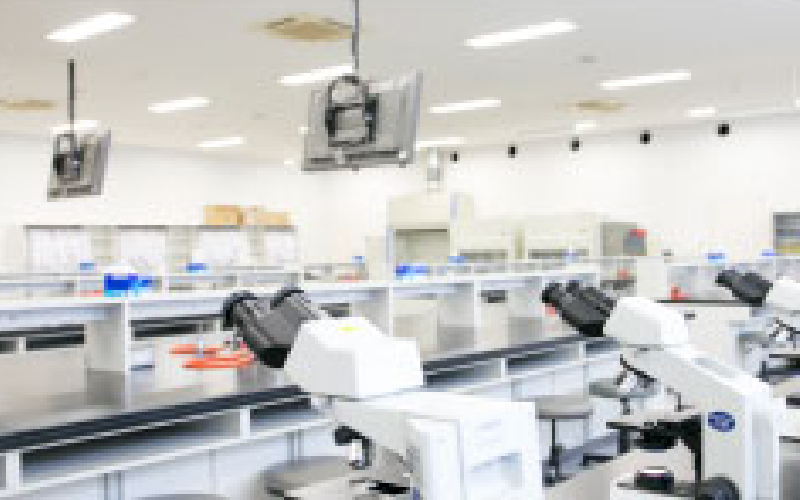
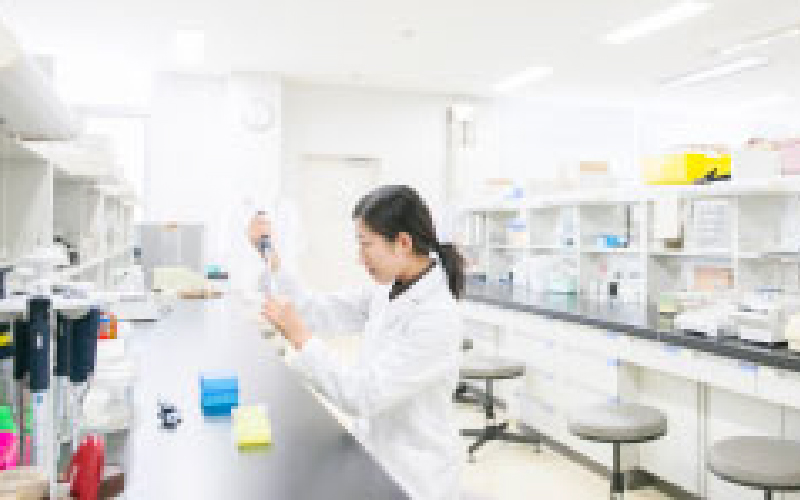
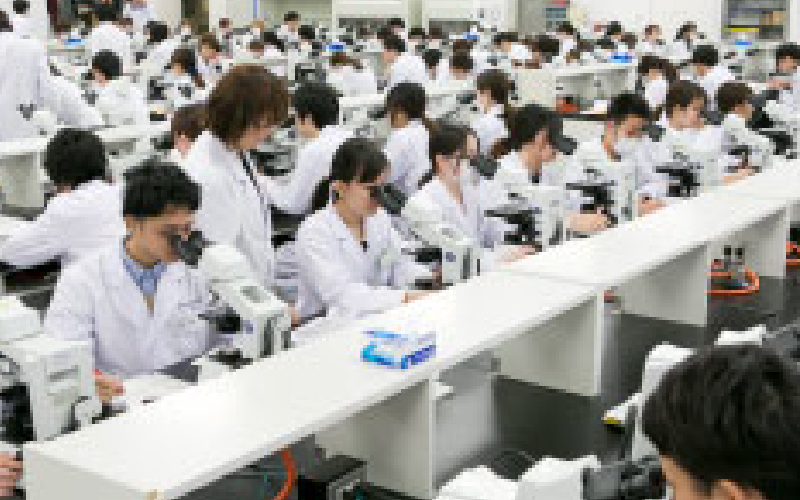
The Department of Medical Technology trains clinical laboratory technicians. Clinical laboratory technicians perform laboratory tests for analyzing blood/tissue samples collected from patients, as well as biological inspections, including electrocardiography (ECG), electroencephalography (EEG), and ultrasonography (US), which requires direct contact with patients. Since the foundation of a designated training facility founded in 1959, our department has an excellent track record in helping prospective examinees prepare for the challenging national examinations. To date, >5,000 of our alumni have become active professionals, and this makes the strong advantages for students’ job hunting. Through practical training incorporating the nationally cutting-edge facilities and state-of-the-art testing equipment, our department has been providing education focusing on actual practice. Students can also acquire various qualifications by selecting certain subjects.
Academic Staff
Department of Medical Technology(Japanese website)
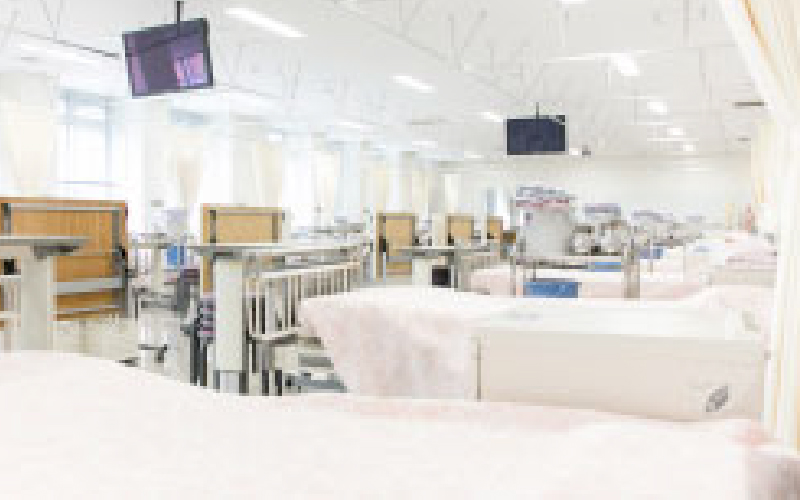
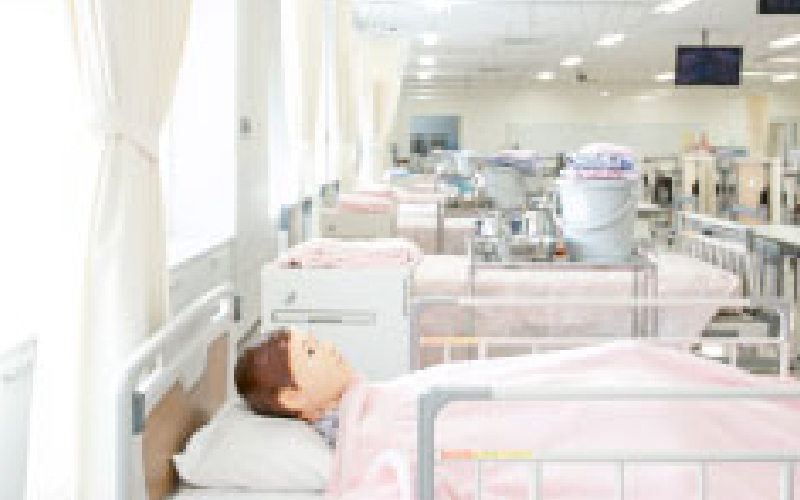
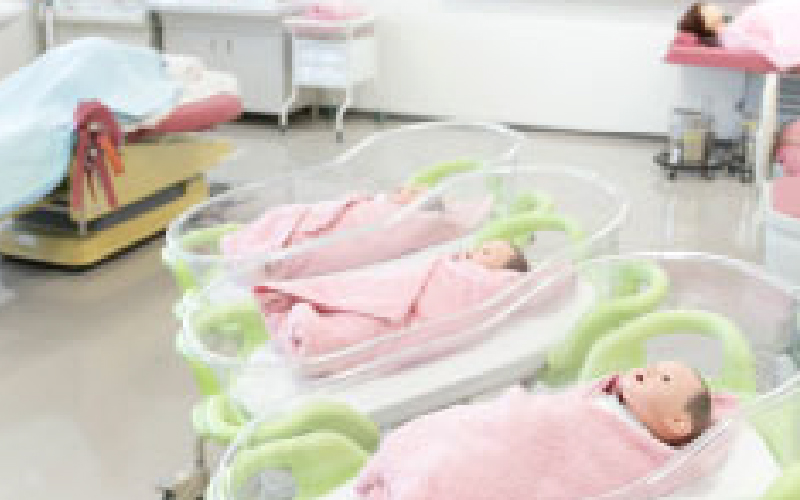
The Department of Nursing trains nurses and public health nurses whose job is to help people with health-related problems in their daily lives, assist physicians in examining patients, and support disease prevention and health maintenance/promotion efforts. Rather than just physically caring for a patient, nurses are required to empathize with the hearts and minds of that person and their family, understand their situation, and support the patient in collaboration with other medical/welfare staff. At the Department of Nursing, students are expected to acquire both medical knowledge and techniques and a rich range of life experience through varied subjects, thereby expanding their perspective and gaining the ability to express and convey their thoughts. With nursing-related knowledge becoming increasingly in demand, we are required to train nurses who can respond to health issues in the community. To that end, we offer a wide variety of subjects that expand future options for students, including special courses on public health for solving health issues among community residents and for training nurses who can contribute to local communities.
Academic Staff
Department of Nursing(Japanese website)
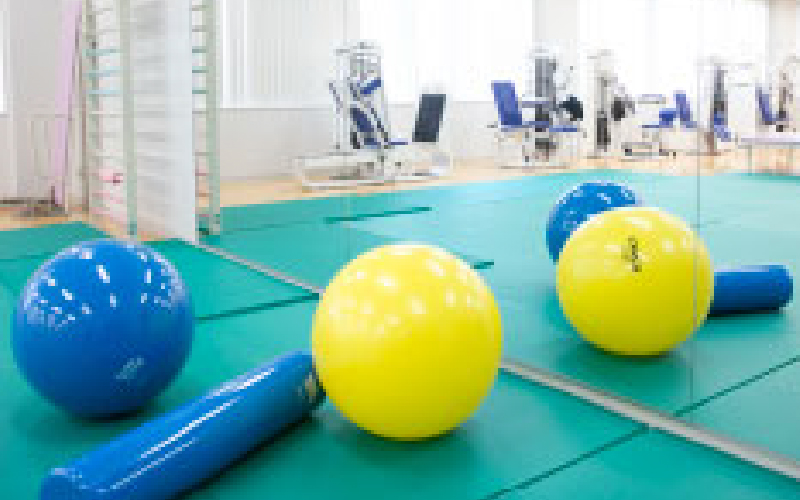
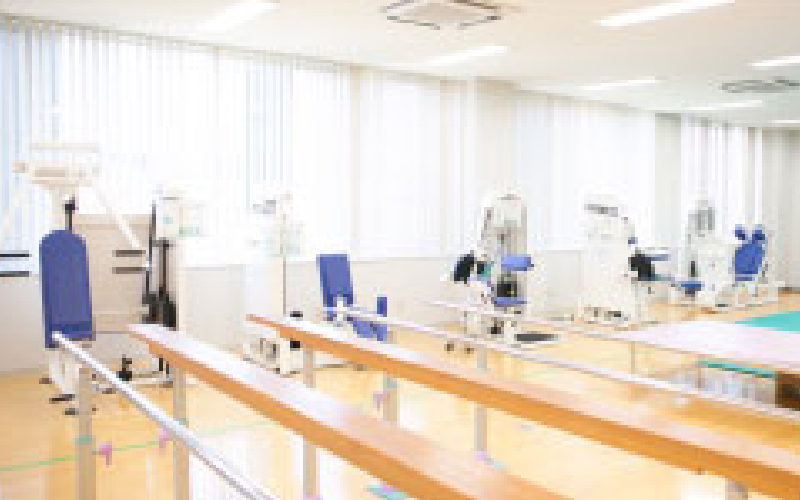
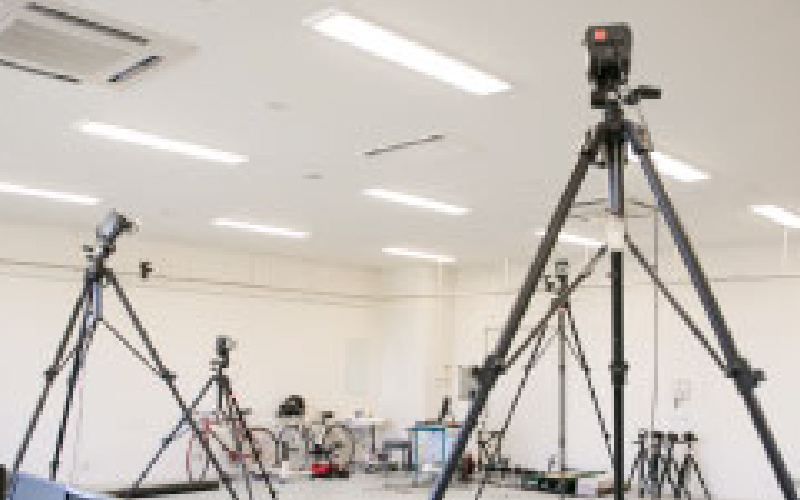
The Division of Physical Therapy trains physical therapists. Physical therapy refers to a therapeutic modality that helps people with physical impairment because of illness or external trauma regain basic physical functions such that they can “move” again. Physical therapists pursue the aim of mobility for recovering patients such that they can live as fully as possible. At the Division of Physical Therapy, active physical therapists, physicians, physiologists with abundant clinical experience and research achievements serve as instructors to ensure a smooth transition from basic subjects to specialized subjects. Our institutions also have exceptionally high-standard facilities as a Japanese medical university, thus allowing for high-level basic and applied research. Accordingly, the educational benefits are exceptional for post-graduate researchers and clinical specialists alike.
Academic Staff
Division of Physical Therapy, Department of Rehabilitation(Japanese website)
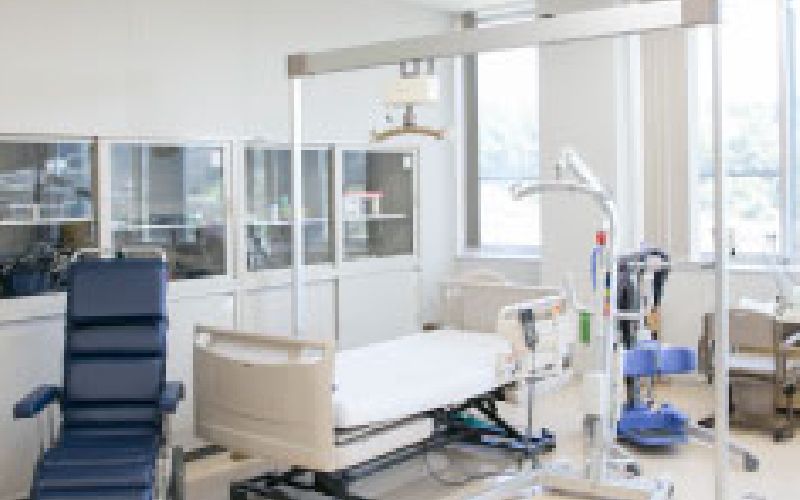
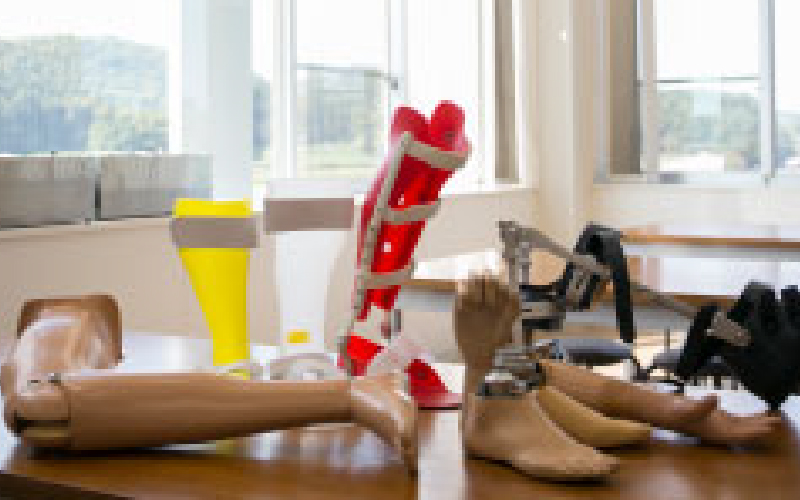
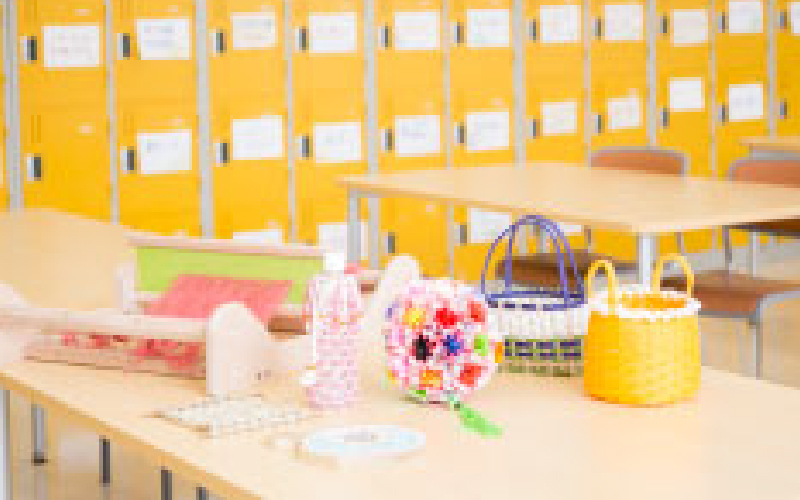
The Division of Occupational Therapy trains occupational therapists. In occupational therapy performed by occupational therapists, patients are provided with treatment, support, and assistance for regaining impaired abilities based on their “occupation”. At the Division of Occupational Therapy, students actively participate in community activities (support for the elderly and children with disabilities) to gain the rich life experience required for occupational therapists and to be trained as human resources that can extensively contribute to local communities. Because of the varied research subjects of the faculties, students engage in multifaceted graduation studies ranging from basic research in the laboratory to community-based fieldwork. Through these experiences, our division aims to train human resources with extensive knowledge, expertise, and inquisitiveness.
Academic Staff
Division of Occupational Therapy, Department of Rehabilitation(Japanese website)
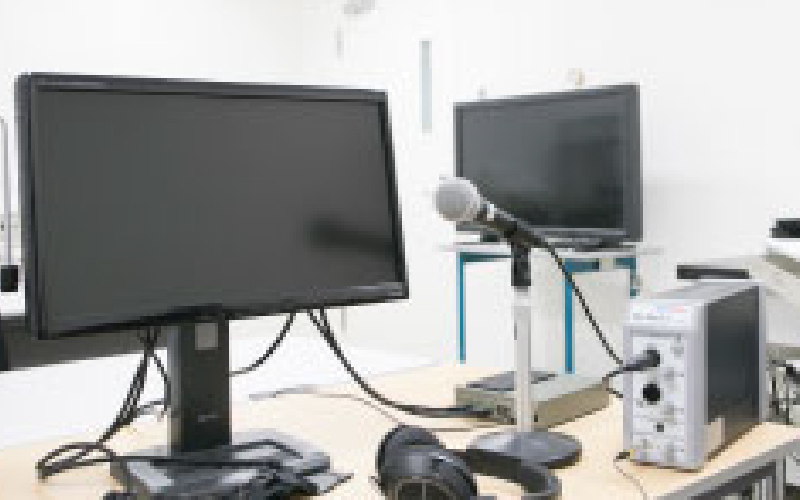
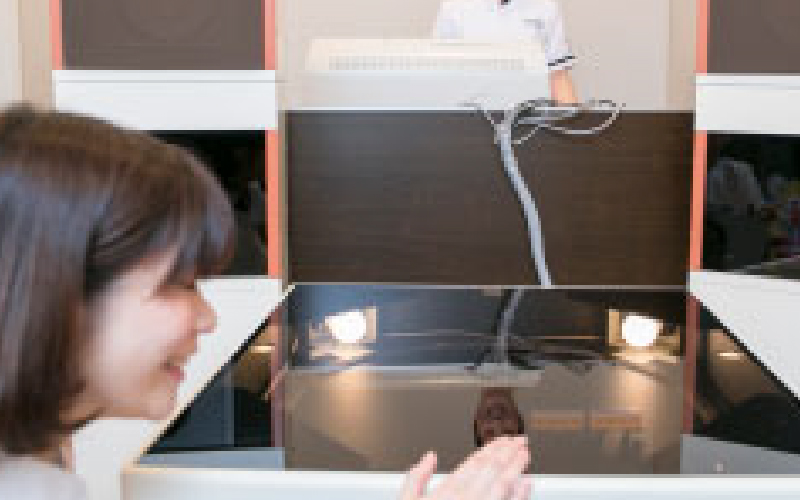
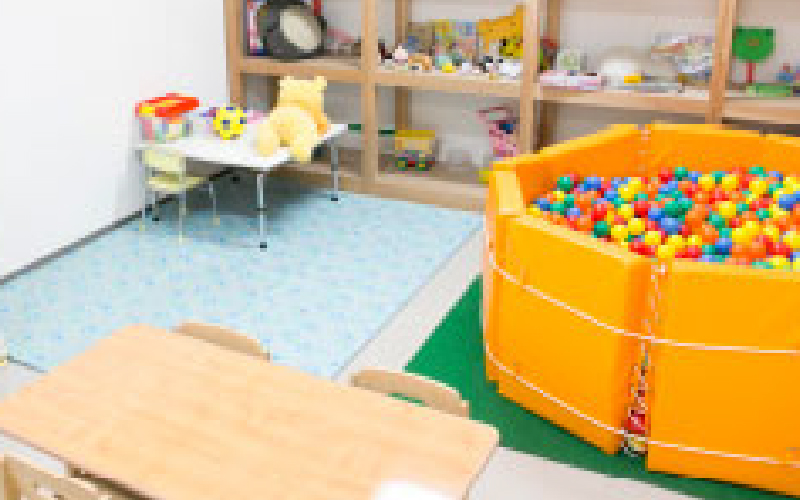
The Division of Speech-Language-Hearing Therapy trains speech-language-hearing therapists (SLHTs) whose job is to support people with difficulty in “speech,” “hearing,” and “swallowing” because of factors such as illness, traffic accidents, and aging. In this aging society, demand is high for specialists aiding treatment for speech, auditory, and swallowing disorders. In pediatrics, the importance of the early detection of and support for language development disorders has been recognized. At the Division of Speech-Language-Hearing Therapy, students learn about humanity and language itself deeply. After acquiring the medical/psychiatric basics, they learn and are trained in diverse specialized subjects, including aphasia, higher cerebral dysfunction, language development disorders, eating/swallowing disorders, and auditory disorders. Over this four-year course, the division aims to train human resources with not only experience and expertise but also curiosity, inquisitiveness, and refined knowledge.
Academic Staff
Division of Speech-Language-Hearing Therapy, Department of Rehabilitation(Japanese website)
The Center for General Education provides a common curriculum, through which we train students with the ability to build cordial relationships and collaborate with others, the ability to think from a wide perspective based on a deep understanding of humanity and society, the ability to gather/convey information, and linguistic skills compatible with our global society.
Academic Staff
Center for General Education(Japanese website)
The Midwifery Course was established to train midwives that can contribute to the health and welfare of mothers and children. Midwives provide health instructions for expectant and nursing mothers, give assistance during delivery, and offer counseling related to childrearing to ensure safe childbirth. Being a one-year course, the curriculum at the Midwifery Course places emphasis on training in practical skills.
Academic Staff
Midwifery Course(Japanese website)
The Graduate School of Health Sciences aims to train highly advanced specialists and researchers capable of keeping up with the rapidly progressing fields of health sciences, and the domain of life science in particular. Accordingly, the education at this graduate school is divided into two specialized departments: medical technology and rehabilitation. For the respective departments, the graduate school trains next-generation leaders. Specifically, we provide students with opportunities to participate in health promotion, preventive medicine, and community healthcare in this super-aging society, thereby facilitating their development into healthcare professionals and researchers.
Academic Staff
Graduate School of Health Sciences(Japanese website)
Amid highly advancing medical technology and a rapidly changing social climate, professionals with expert nursing skills and specialized knowledge who can contribute to the quality improvement of other nurses are in great demand. It is essential to cultivate human resources that can coordinate with other professionals and implement integrated and high-quality nursing services. The Center for Career Education offers two courses for supporting the careers of prospective nurses.
Academic Staff
Center for Career Education(Japanese website)
In our super-aging high-mortality society, KHSU has established the “Education and Research Center for Community-based Integrated Care” that conducts research on the theme of “growing, living, and caring in the community.” The center continues to contribute to the health of communities and their residents through fostering the bonds across generations and within communities and nurturing “life professionals” who can live in a proactive and self-motivated manner.
In collaboration with the local governments and public bodies around us, we have been aiming to construct a system where everyone can lead an active life in the community until the end of their life while receiving the support they need in the best way for themselves. Our aim is to form a single community where we can grow as persons by working hand-in-hand with students, faculty members, residents, and healthcare professionals.
Academic Staff
Education and Research Center for Community-based Integrated Care(Japanese website)